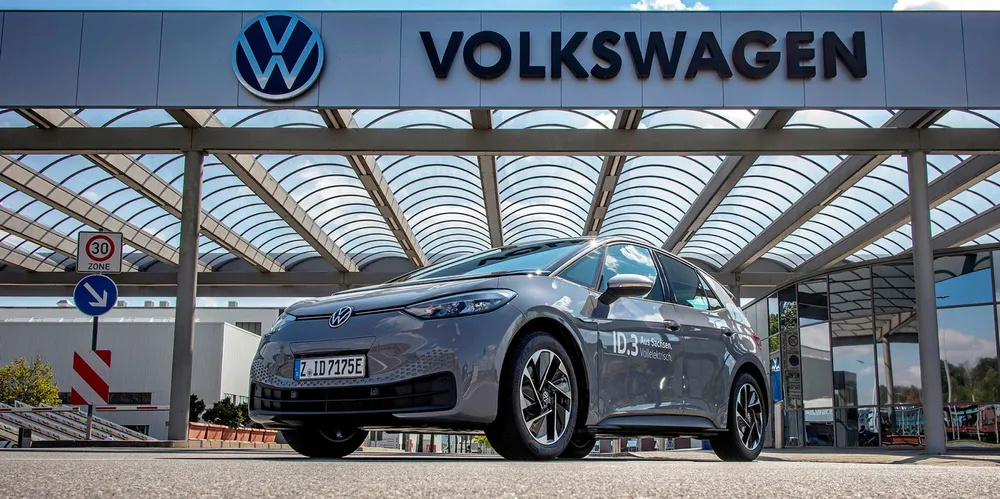'Enough for a million cars': Volkswagen to source zero-carbon lithium from German volcanic region
Lithium developer Vulcan to supply car making giant with sought-after metal after 2026 through production linked to geothermal power generation

Lithium developer Vulcan to supply car making giant with sought-after metal after 2026 through production linked to geothermal power generation
